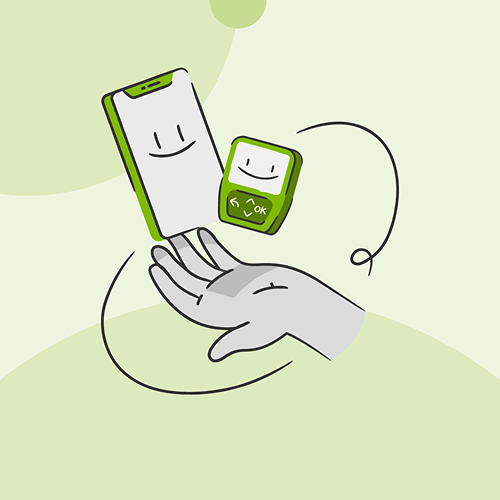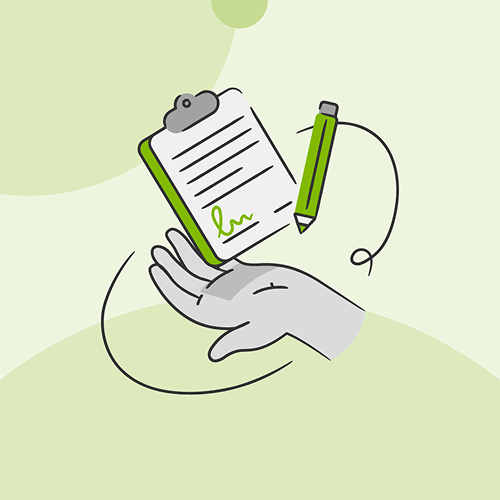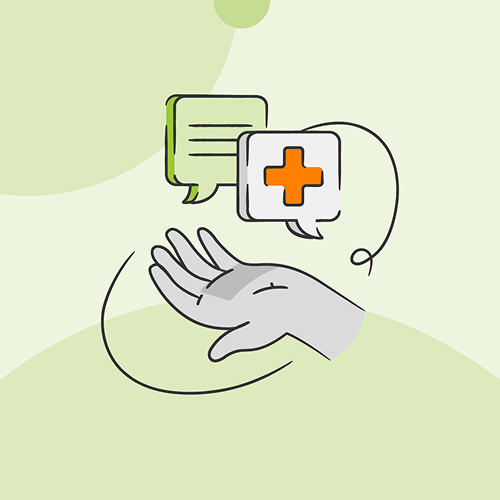1. Ehrmann D, Hermanns N, Finke-Gröne K, et al. Efficacy of a Digital Diabetes Logbook for People With Type 1, Type 2, and Gestational Diabetes: Results From a Multicenter, Open-Label, Parallel-Group, Randomized Controlled Trial. Journal of Diabetes Science and Technology. 2024;0(0). doi:10.1177/19322968241239870
2. Ehrmann D et al. Higher chance to achieve optimal glycaemic control via a digital diabetes logbook: Subanalysis of the mySugr PRO randomised controlled trail. Poster presentation, 17th International Conference on Advanced Technologies & Treatments for Diabetes. March 6-9, 2024
3. Eichinger V, de Klepper M, Zivkovic J, Malenczyk K, Theodorou D, Heinemann L, Silbermann S. Systematic Improvement of a Bolus Calculator That Is on the Market: A User‑Centric Approach. Journal of Diabetes Science and Technology. 2024;0(0). doi:10.1177/19322968241266204







